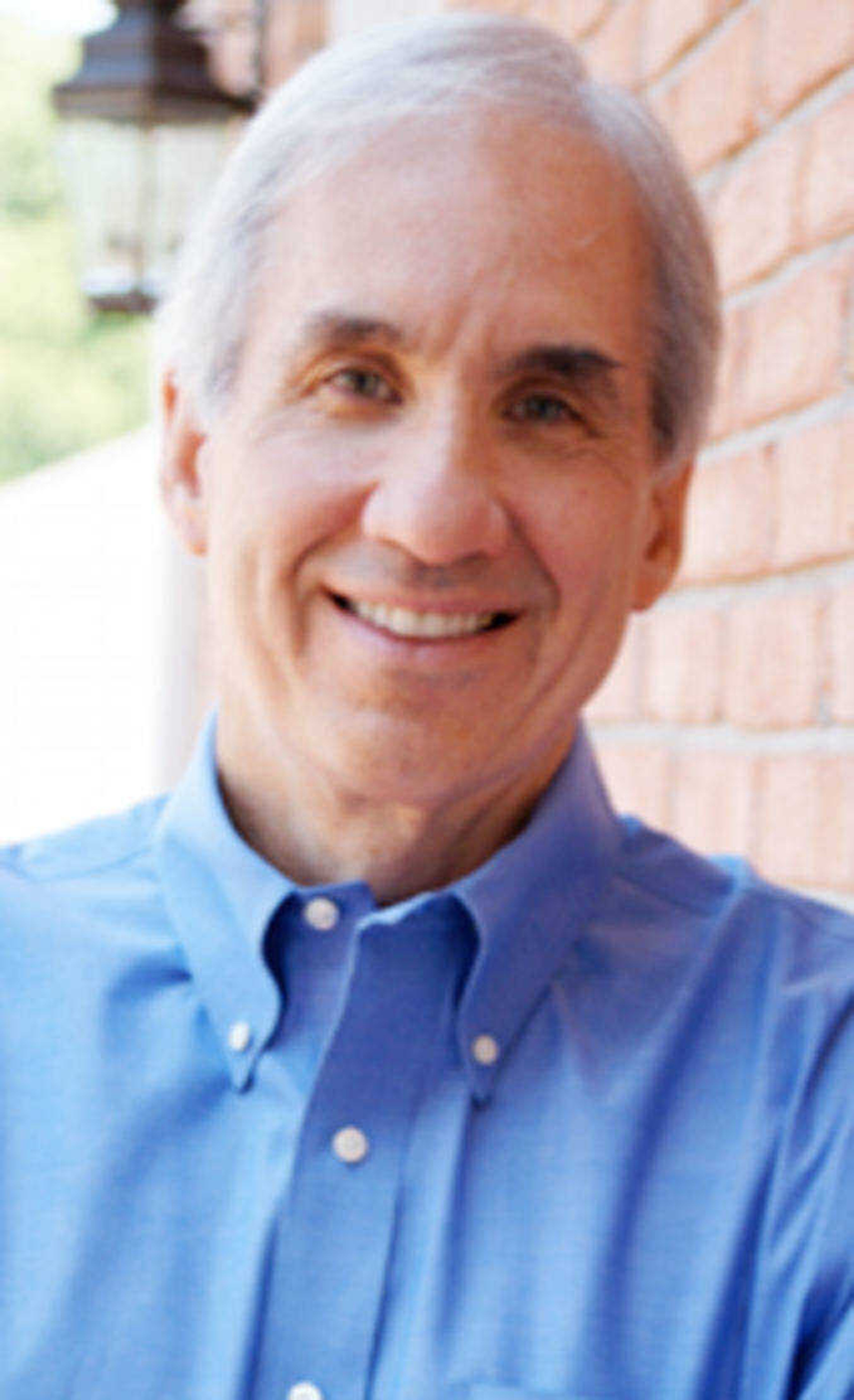SUPREME COURT RULING IS ANOTHER ASSAULT ON RELIGIOUS FREEDOM
On Monday, the U.S. Supreme Court dealt another damaging blow to religious freedom in the United States . In Santa Fe Independent School District v. Doe, the court, in a 6-3 decision, struck down a Texas school district's policy that allowed an elected student representative to deliver a public invocation before home high school football games. The court declared the policy unconstitutional in that it violates the Establishment Clause of the First Amendment...
On Monday, the U.S. Supreme Court dealt another damaging blow to religious freedom in the United States .
In Santa Fe Independent School District v. Doe, the court, in a 6-3 decision, struck down a Texas school district's policy that allowed an elected student representative to deliver a public invocation before home high school football games. The court declared the policy unconstitutional in that it violates the Establishment Clause of the First Amendment.
So that we know what we are talking about, let's look at the language of the two religion clauses of the First Amendment: "Congress shall make no law respecting an establishment of religion (Establishment Clause), or prohibiting the free exercise thereof (Free Exercise Clause)."
In its legal brief the school district argued that "there is a crucial difference between government speech endorsing religion, which the Establishment Clause forbids, and private speech endorsing religion, which the Free Speech and Free Exercise Clauses protect." The court agreed that there is a distinction between government speech and private speech, but it disagreed that the pre-game prayer was private speech.
The court was unimpressed that the students themselves and not the school district would decide whether there would be a prayer, who would deliver it and its content. The prayer was public because it would be authorized by a government policy and would take place on government property at government-sponsored school-related event. The student elections, according to the court, would "effectively silence" minority religious views because the "degree of school involvement" would put "school-age children who objected in an untenable position."
Some are encouraged by the language and tone of Justice Rehnquist's vigorous dissent. Joined by Scalia and Thomas, he condemned the majority opinion as bristling "with hostility to all things religious in public life." He also criticized the majority for invalidating a policy that hadn't even been implemented yet, accusing them of "venturing into the realm of prophesy."
I must confess that I am not much heartened by the dissent. Even the minority has apparently fallen into the trap of history revisionism in their interpretation of the Establishment Clause and Free Exercise Clause. The record needs to be corrected.
The Establishment Clause forbids Congress -- that is the national legislature -- from establishing a national religion. You probably won't believe me without serious digging on your own, but it was never intended to preclude the individual states from establishing a state religion. Did you know, for example, that at the time of the ratification of the Constitution, as many as three New England states had established religions and other states had officially sanctioned religious beliefs? Indeed, constitutional scholar Stan Evans reminds us that House debates at the time reveal that the First Amendment's religion clauses were aimed at preventing Congress from establishing a "national" religion that would threaten the religious diversity of the states.
But, you say, the 14th Amendment made these prohibitions operative against the states as well. That is arguably true, depending on what prohibitions you're talking about. The First Amendment was never intended to prohibit officially sponsored prayer. On the next day after the First Amendment was approved by the House of Representatives, "the self-same House of Representatives passed, by a better than 2-to-1 majority, a resolution calling for a day of national prayer and thanksgiving."
Evans correctly concludes that if the First Amendment didn't prohibit officially sponsored, tax-supported prayer, then the 14th Amendment, by imposing First Amendment protections against the states, couldn't possibly have done so either. The purpose of the Establishment Clause was "to make sure the central authority didn't meddle with the customs of local jurisdictions."
Of course, I'm not arguing that states ought to be able to establish religions (their own constitutions forbid that anyway). But an undistorted historical record is critical to understanding that the Framers openly embraced religion and did not intend to erect a wall of separation between church and state. I don't mean to offend anyone here, but it is absurd to argue that the school district's indirect involvement with its students' prayers constituted an establishment of religion by the state of Texas.
We must remember that the Framers, in drafting both religious clauses, were seeking to preserve, not ban religious worship even on public property. The Supreme Court, in the name of preserving religious freedom, is severely diminishing it.
~David Limbaugh of Cape Girardeau is a columnist for Creators Syndicate.
Connect with the Southeast Missourian Newsroom:
For corrections to this story or other insights for the editor, click here. To submit a letter to the editor, click here. To learn about the Southeast Missourian’s AI Policy, click here.









